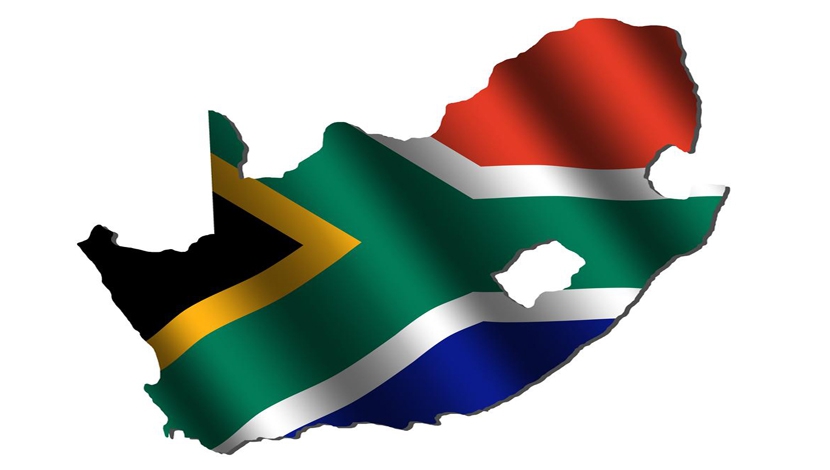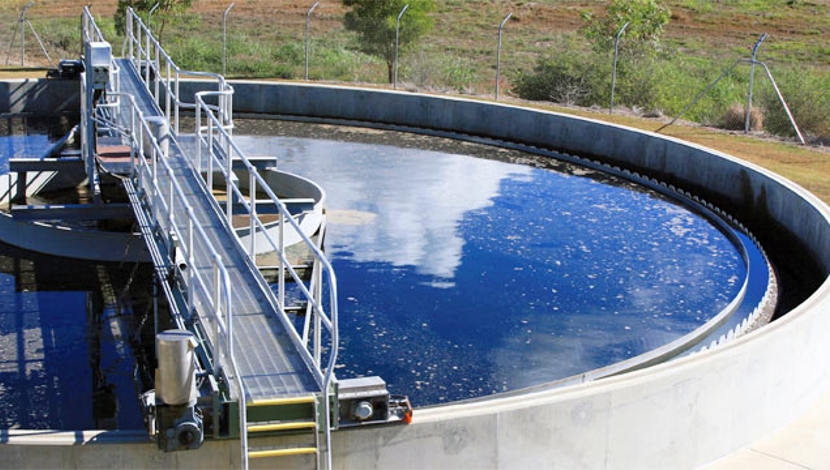

South Africa’s overall global competitiveness dropped from 52 in 2016 to 53 in 2017, according to the International Institute for Management Development’s ‘World Competitiveness Yearbook’ (WCY).
The institute cites a lack of sustainable and inclusive growth, high levels of structural unemployment and a lack of access to quality education as some of the reasons for the country’s continued poor performance in global competitiveness.
The WCY rates the ability of 63 industrialised and emerging economies to create and maintain an environment that sustains the competitiveness of enterprises.
Country data is evaluated through distinct criteria, grouped into four competitiveness factors, namely government efficiency, business efficiency, economic performance and infrastructure.
“With a GDP growth of 0.3%, and consumer price inflation (CPI) hovering at above 6%, South Africa’s unemployment rate sits at about 27%,” states the WCY, which has ranked South Africa last in terms of employment.
The WCY further highlights that the country’s economic performance declined from 54 in 2016 to 59 in 2017.
“Government efficiency’s performance suffered a hard knock, sliding ten places from 40 in 2016 to 50 in 2017, while business efficiency’s performance ranking has once again shown an improvement with a climb of six places notching a ranking of 41 in 2017 up from 47 in 2016,” says the report.
Infrastructure recorded a drop from 54 in 2016 to 56 in 2017.
However, despite continued poor performance on the index economically, South Africa is ranked highly when it comes to the cost of living and an effective personal income tax rate.





